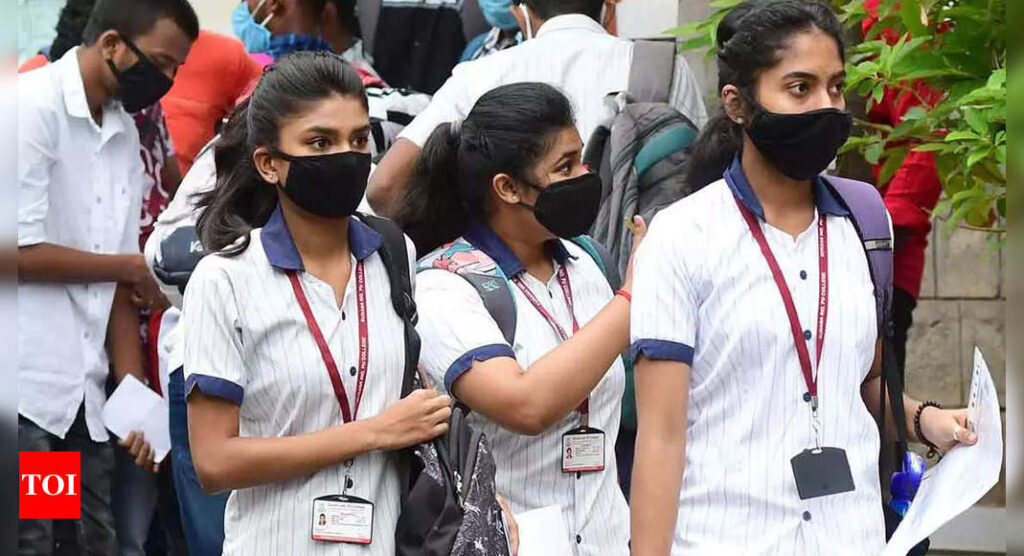Students with a growth mindset are more resilient, adaptable, and open to new ideas and experiences that can help them navigate change In today’s fast-paced world, change is the only constant. The world around us is rapidly evolving with technology and innovation changing the way we live, work, and learn. While these changes are challenging, […]
Tag Archives: school
Financial literacy can be key to ensuring good money habits are formed, setting children up for a successful and secure financial future Financial literacy refers to the ability to understand and effectively manage personal finances. It is an essential skill for everyone, regardless of age or income level. Most nations now place a high priority […]
CHENNAI: Following the question paper leak in revision tests, the school education department has accorded top priority to the safety of board exams question papers. The strong rooms where question papers are stored have been brought under 24X7 CCTV surveillance, provided round the clock armed police protection and banned the mobile phones in the vicinity […]



